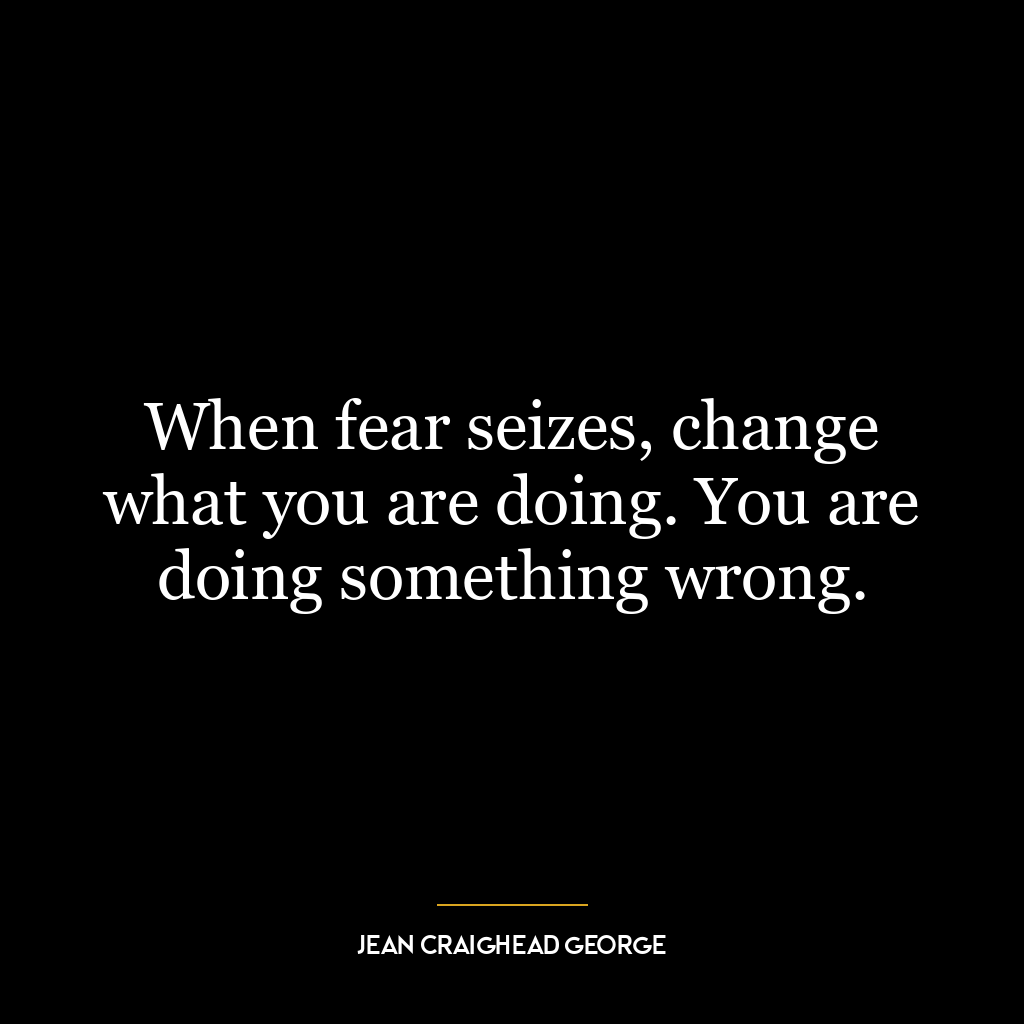The quote "Hatred and dishonesty generally arises from fear of being deceived" delves into the complex human emotions and behaviors of hatred and dishonesty, suggesting they are often rooted in fear, specifically the fear of being deceived. This means that when individuals act out of hatred or engage in dishonest actions, it’s often because they are trying to protect themselves from being deceived or taken advantage of.
Fear is a powerful motivator, and the fear of deception can lead individuals to engage in behaviors that they believe will shield them from harm. Hatred can be seen as a defensive mechanism, a wall built to keep others at a distance and prevent them from causing harm. Similarly, dishonesty can be seen as a tool used to manipulate situations and control outcomes, again to prevent oneself from being deceived or harmed.
Applying this idea to today’s world, we can see examples of this fear leading to hatred and dishonesty in various spheres. For instance, in politics, fear of deception often leads to a climate of distrust and dishonesty. Politicians and their supporters may resort to spreading misinformation or engaging in smear campaigns, driven by the fear of being deceived or losing control.
In personal development, understanding this concept can be incredibly beneficial. It can help individuals recognize and address their fears, and understand that hatred and dishonesty are not productive ways to deal with these fears. Instead, they can work on building trust, practicing honesty, and developing healthy coping mechanisms to deal with fear. This understanding can lead to personal growth and improved relationships.
Moreover, it can also help in understanding others’ behavior. When someone encounters dishonesty or hatred, instead of responding in kind, they can approach the situation with empathy, understanding that these behaviors often stem from fear. This can lead to more constructive conversations and solutions, fostering an environment of understanding and compassion.















